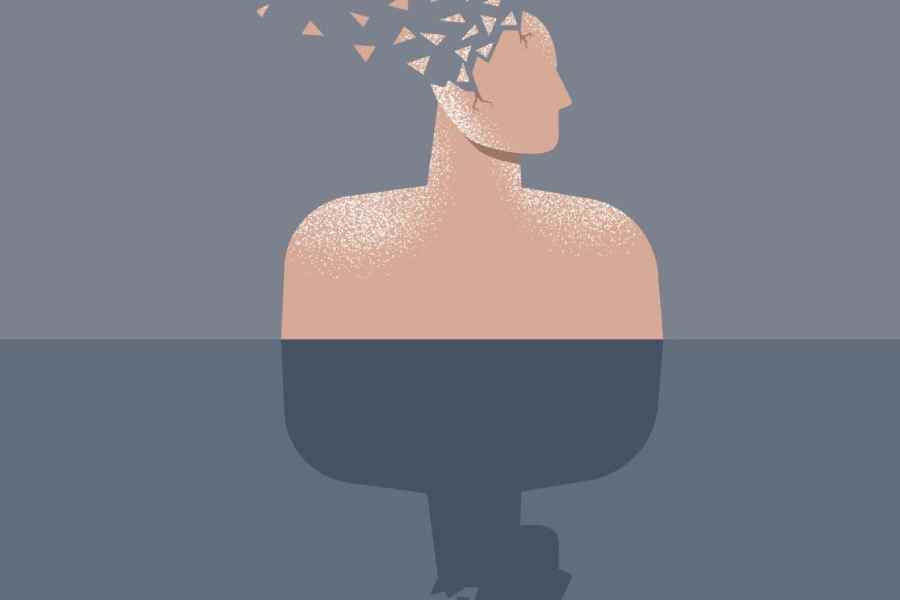YOUR UTOPIA
By Bora Chung
Hachette, Rs 599
Bora Chung’s latest short-story collection, in Anton Hur’s translation, comprises eight thrilling stories of science, madness, revolution, and horror.
The stakes get raised from the very first story, “The Center for Immortality Research”. A “lowest of the low” employee hears of a colleague being stalked. He is concerned but there is an event to be organised for the Center’s 98th anniversary and he finds himself circulating through the labyrinthine bureaucracy. The plot peaks when the anniversary doesn’t go as planned and the stalker becomes a part of it.
Comedy marks only the beginning as the stories become heartbreaking. Political protests were gaining momentum in South Korea in 2020 but they disappeared with the outbreak of the Covid pandemic. Chung’s stories thus became a form of written protest when she herself could not step out anymore.
“To Meet Her” chronicles a 120-year-old woman who’s excited to meet a queer icon addressing a talk. She’s eagerly waiting in the queue when a bomb explodes. The tale pulsates with Chung’s agitation with hate and violence, even as it explores the ramblings of a woman who’s had it with the mad world.
Chung’s attention to intimate, personal relationships is brutal and unforgiving. The stories that explore marriage and domesticity are not linear; they are mixed with characters that speak non-human languages, have robotic hands, and can read memories. “A Very Ordinary Marriage”, for instance, gives jealousy an almost Proustian intensity.
“Maria, Gratia Plena” is a guttural cat-and-mouse chase between a drug addict and the authorities. “A Song for Sleep” is one of the best stories in this collection. It starts on an obfuscating note, with details of a woman using her refrigerator but the reader realises gradually that it’s the elevator that’s narrating the story. Reminiscent of Claudia Piñeiro’s Elena Knows, where a mother suffering from Parkinson’s goes about searching for her daughter’s killer, it is a tale of friendship and love between two people who are losing one another.
“Your Utopia” and “Seed” are urgent accounts of a world that is in need of a revolution. In her author’s note, while referring to Karl Mannheim’s types of utopia, Chung underlines the need for change. Her stories thus evoke reflection: do we need to change from who we are as humans? Or do we revolutionise the conception of human existence?
The stories here border on activism, aesthetics, experimentation, and the mastery of prose and are meant to make the readers think.











